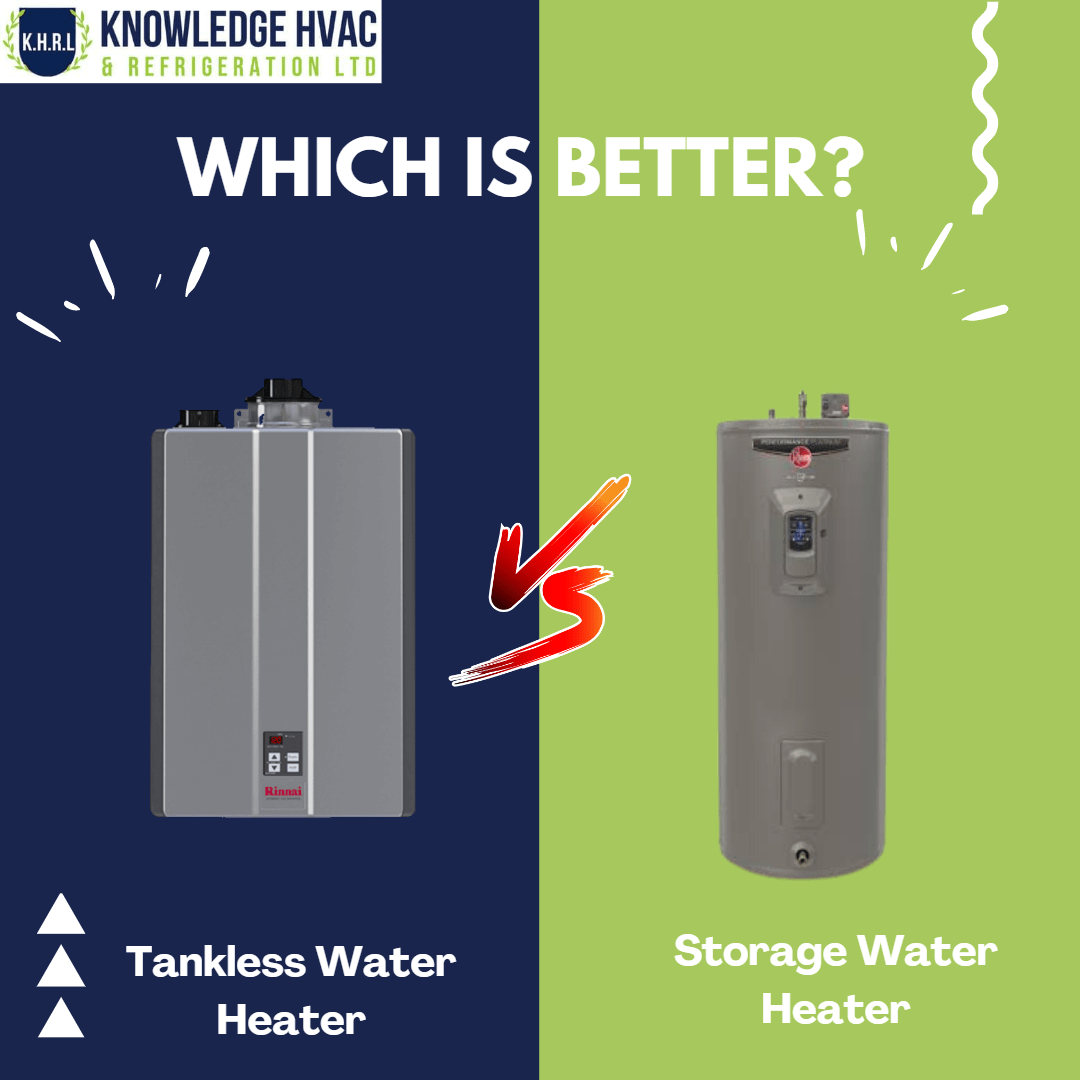The question of whether a tankless water heater is better than a traditional tank heater is a common one, sparking debate among homeowners and plumbing professionals alike. It’s a decision that hinges on individual needs, usage patterns, and long-term financial considerations. While the allure of endless hot water is certainly appealing, a tankless water heater isn’t automatically the superior choice for every household. To truly determine if it’s the right fit, we need to explore the advantages, disadvantages, and specific scenarios where it shines (or falters).
Understanding Tankless Water Heaters
Tankless water heaters, also known as on-demand water heaters, operate differently from their tank-based counterparts. Instead of heating and storing a large volume of water continuously, they heat water only when a hot water tap is turned on. This eliminates standby heat loss, which is a major energy drain in traditional tank heaters.
How They Work: The On-Demand Process
- When a hot water tap is opened, cold water flows through the unit.
- A flow sensor activates a high-powered burner (gas models) or heating element (electric models).
- The water is heated as it passes through a heat exchanger.
- Hot water is delivered to the faucet in seconds.
- When the tap is turned off, the unit shuts down, consuming no energy.
Advantages of Tankless Water Heaters
- Endless Hot Water: Enjoy continuous hot water for showers, laundry, and dishwashing, without worrying about running out.
- Energy Efficiency: Eliminate standby heat loss, potentially reducing energy bills.
- Space Saving: Tankless units are much smaller than traditional tanks, freeing up valuable floor space.
- Longer Lifespan: Tankless water heaters typically last longer than tank heaters, often 20 years or more.
Disadvantages of Tankless Water Heaters
- Higher Upfront Cost: Tankless units are generally more expensive to purchase and install.
- Higher Installation Costs: Installation can be complex and may require upgrades to gas lines or electrical panels.
- Potential for Cold Water “Sandwich”: A brief burst of cold water can occur when hot water is first demanded.
- Flow Rate Limitations: May not be able to supply hot water to multiple fixtures simultaneously, especially during peak demand.
Tankless vs. Tank: A Comparison
| Feature | Tank Water Heater | Tankless Water Heater |
|---|---|---|
| Upfront Cost | Lower | Higher |
| Operating Cost | Higher (Standby Heat Loss) | Lower (On-Demand Heating) |
| Hot Water Capacity | Limited by Tank Size | Unlimited |
| Lifespan | 8-12 Years | 20+ Years |
| Space Requirements | Larger (Tank Required) | Smaller (Wall-Mounted) |
Choosing the right water heater depends heavily on your specific circumstances. Consider your household’s hot water usage, the number of people living in your home, and your budget. Also, research local installation costs and potential energy savings. For smaller households with moderate hot water needs, a tankless system may offer significant long-term benefits. For larger families or those with high hot water demands, a high-efficiency tank heater or even a hybrid system (combining tank and tankless technology) might be a more suitable solution.
Ultimately, deciding whether a tankless water heater is better requires careful consideration of all factors. It’s crucial to weigh the initial investment against potential long-term savings and to assess whether the on-demand heating model aligns with your lifestyle and hot water needs. Consulting with a qualified plumbing professional can provide personalized advice and help you make the best decision for your home. Remember to research different brands and models to find a system that meets your specific requirements. The goal is to find a water heating solution that provides reliable hot water, energy efficiency, and long-term value.

